On the road in El Salvador
This post is about some of the stuff that I learned while driving and walking around El Salvador.
Chicken Busses
The most common form of public transportation--although it's not actually publicly funded--is the "chicken bus." This term is not a translation from Spanish. In El Salvador, they actually refer to these busses with the English name.
Chicken busses are old school busses that have been bought from the United States and operate all around the country providing transportation to anyone who wants to take one. The chicken busses are privately owned, often by a transportation company or small-scale entrepreneur. Each one has a unique, vibrant paint scheme and design. Rides normally cost $1 or less.
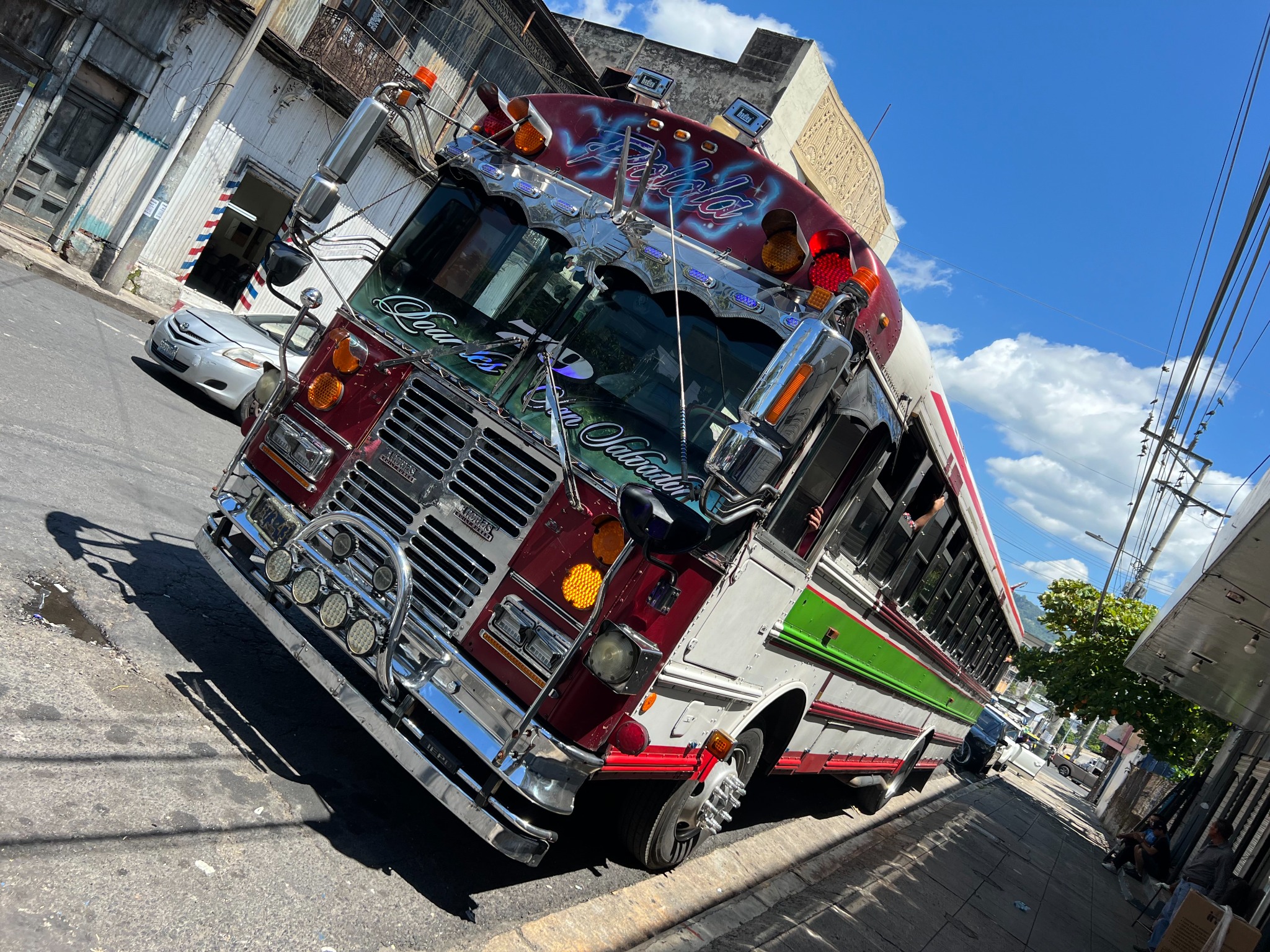
El Torre Pedregal
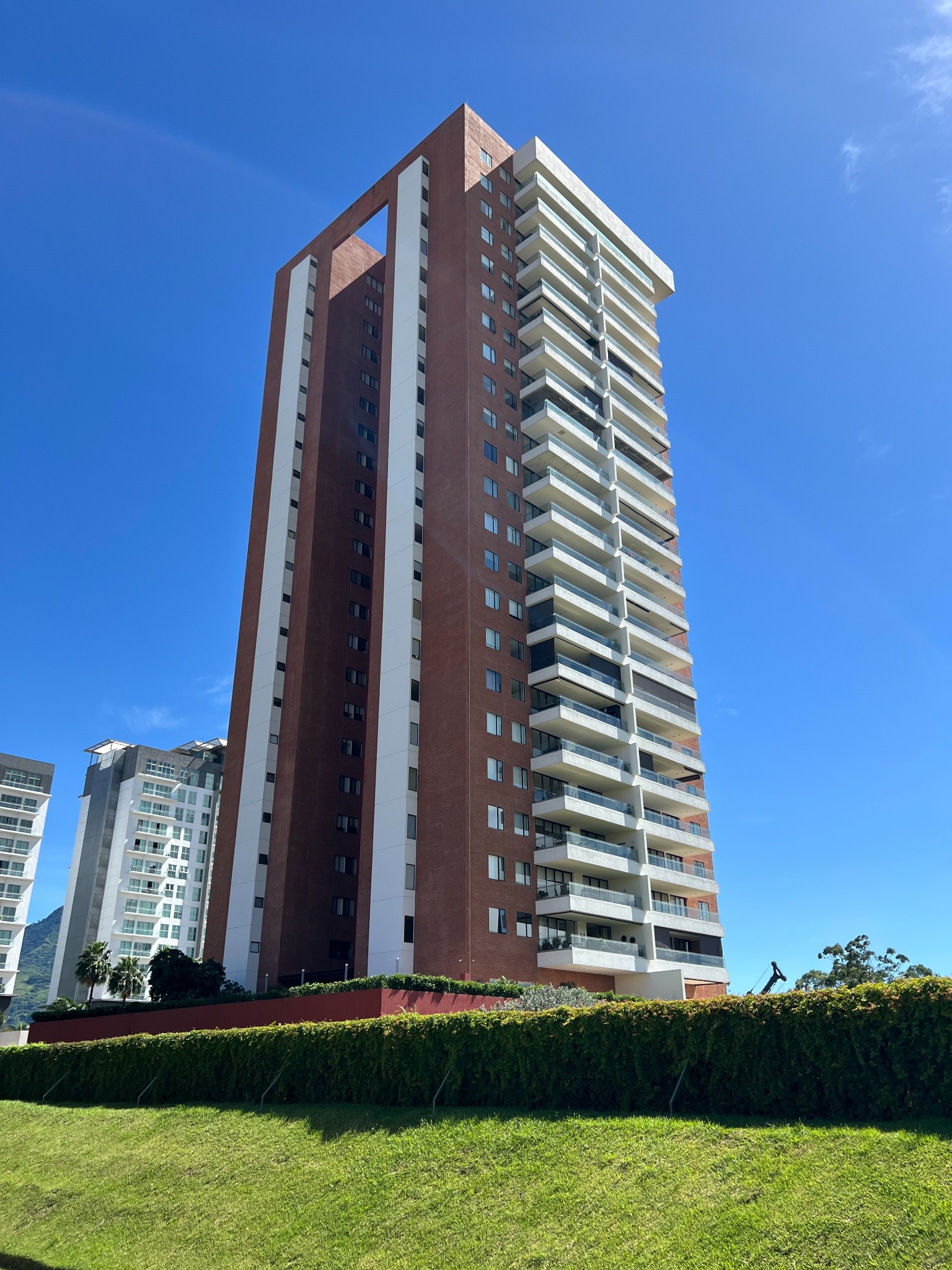
Higher gas prices than U.S.
It was interesting to note that gas prices in El Salvador were higher than they were in the United States. You can see in the two pictures below that regular gasoline costs $3.71 per gallon. (El Salvador uses the U.S. dollar.) In the U.S. at this time (July 2025), the national average price of gasoline was around $3.10-3.15 per gallon. In Pittsburgh where I live it is a little bit higher.
I had to read the signs twice because I thought initially that there was a mistake, or that I was reading them wrong. I had gotten accustomed to paying less than I would at home for most things. Food is the easiest, best example. For my first meal in El Salvador, we paid $7.50 for six pupusas and a fruit juice, which would surely cost at least $30 in the U.S. But then, I realized that the gas prices made sense. The food is not imported; the gas is. And in the United States, we produce some of our petroleum domestically, which helps keep our prices in a somewhat moderate range.
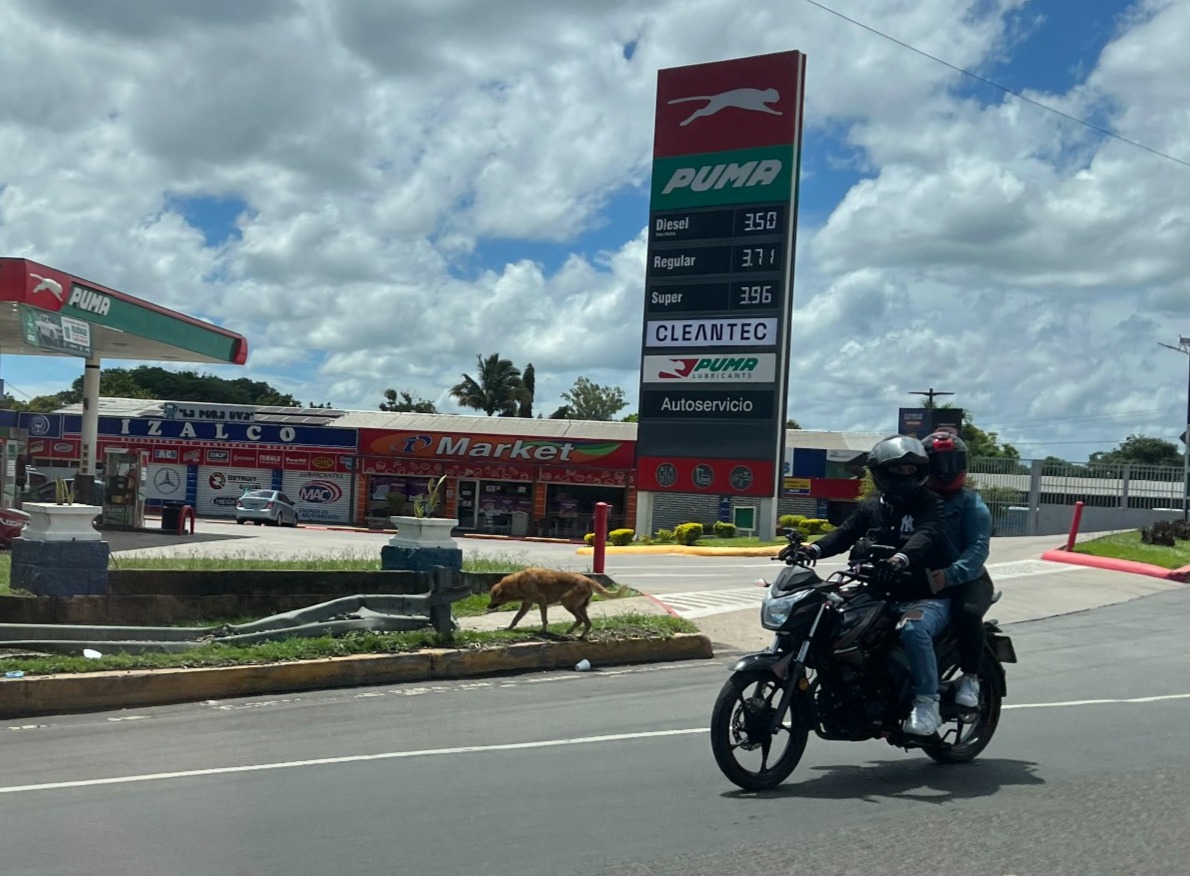
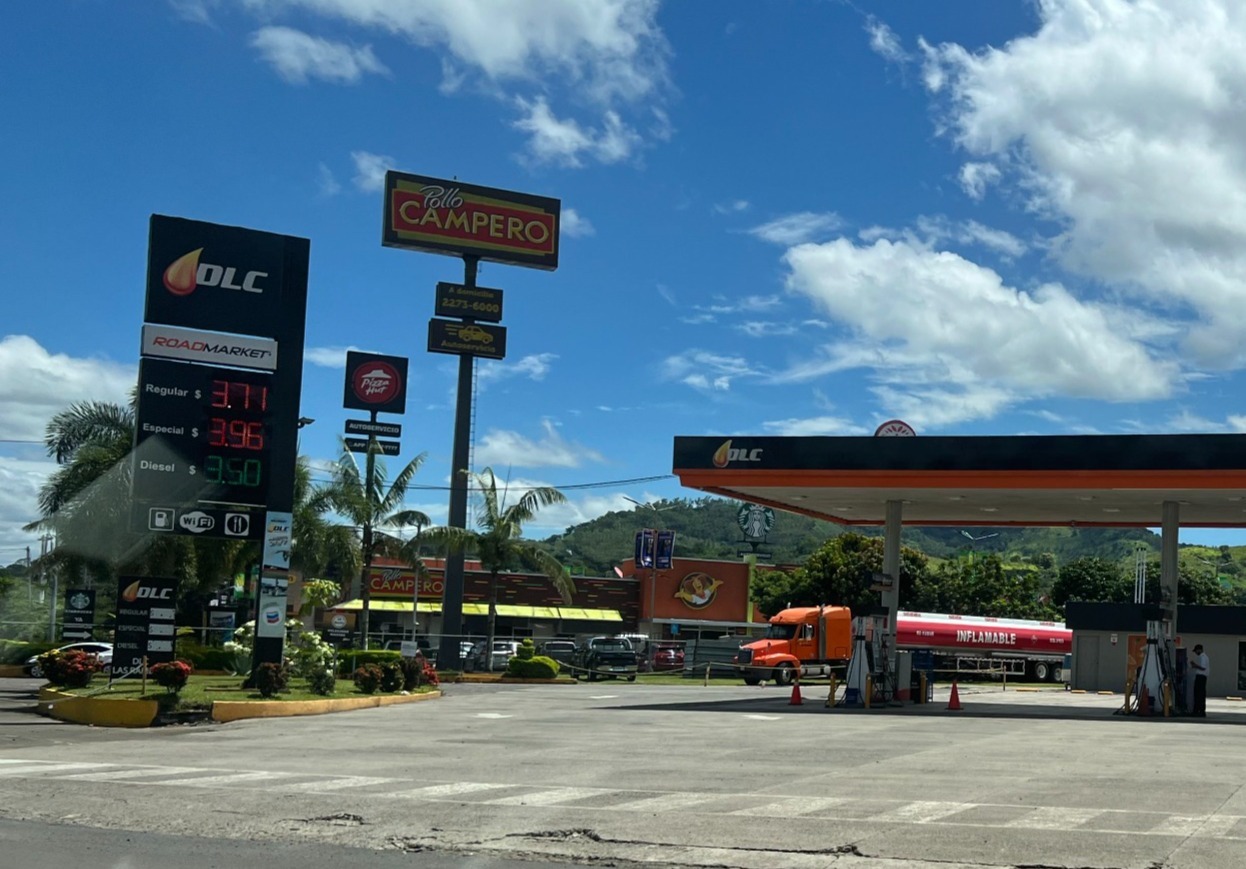
Pollo Campero
In the picture above behind the gas station you can see Pollo Campero, which is a beloved fried chicken chain restaurant in El Salvador. Max told me to look for people bringing Pollo Campero on my flight home back for their family members in the U.S. He was right! There was at least one woman in the row right behind me with a big box of it.
Pedidos Ya
Food deliverers on moto are all over the roads. I remember in Colombia they had "Rappi." It looked the exact same--A man on a moto with a red box carrying food strapped to the back. In El Salvador, the delivery service is called Pedidos Ya, which is like, "Orders Now."
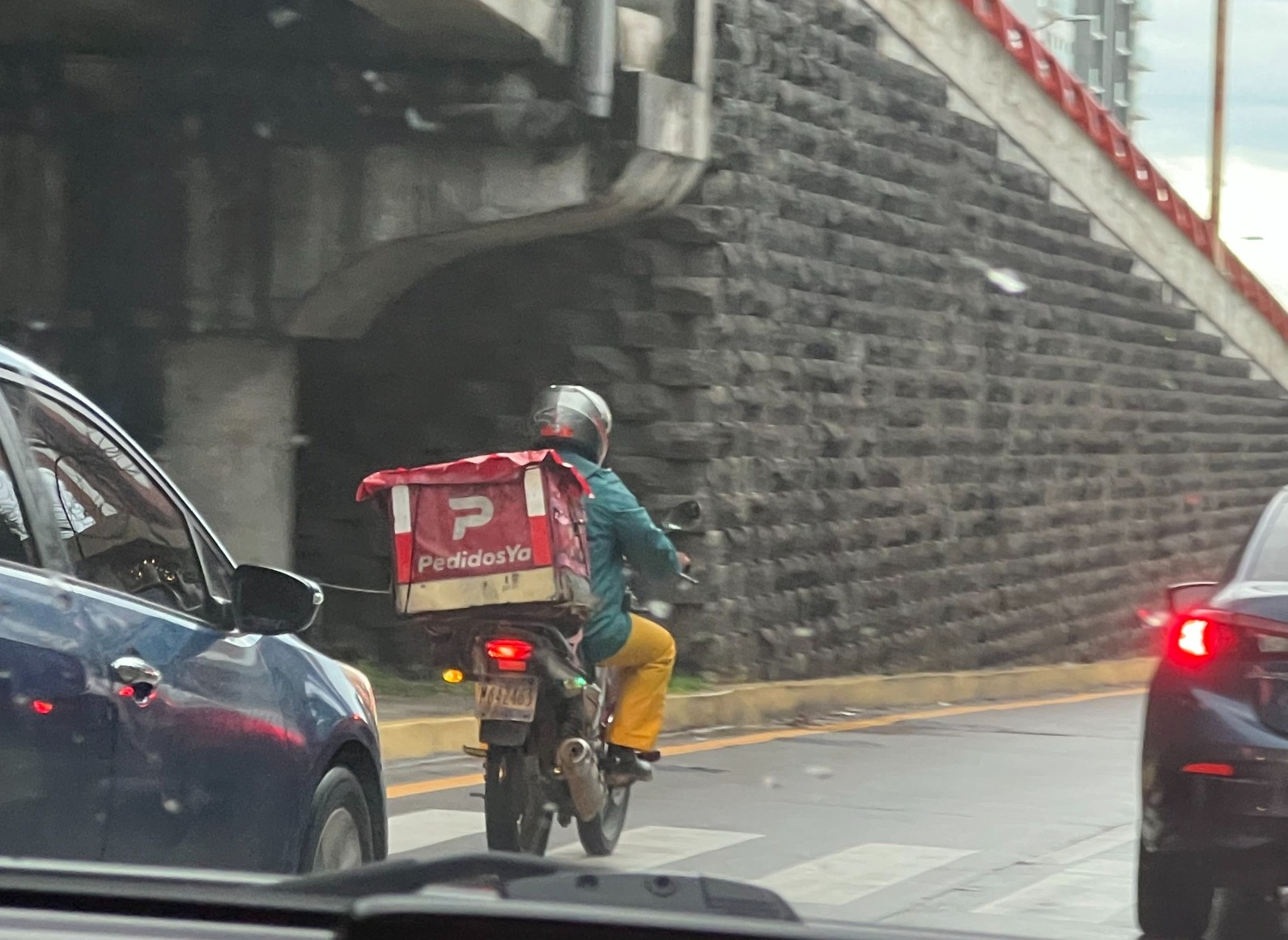
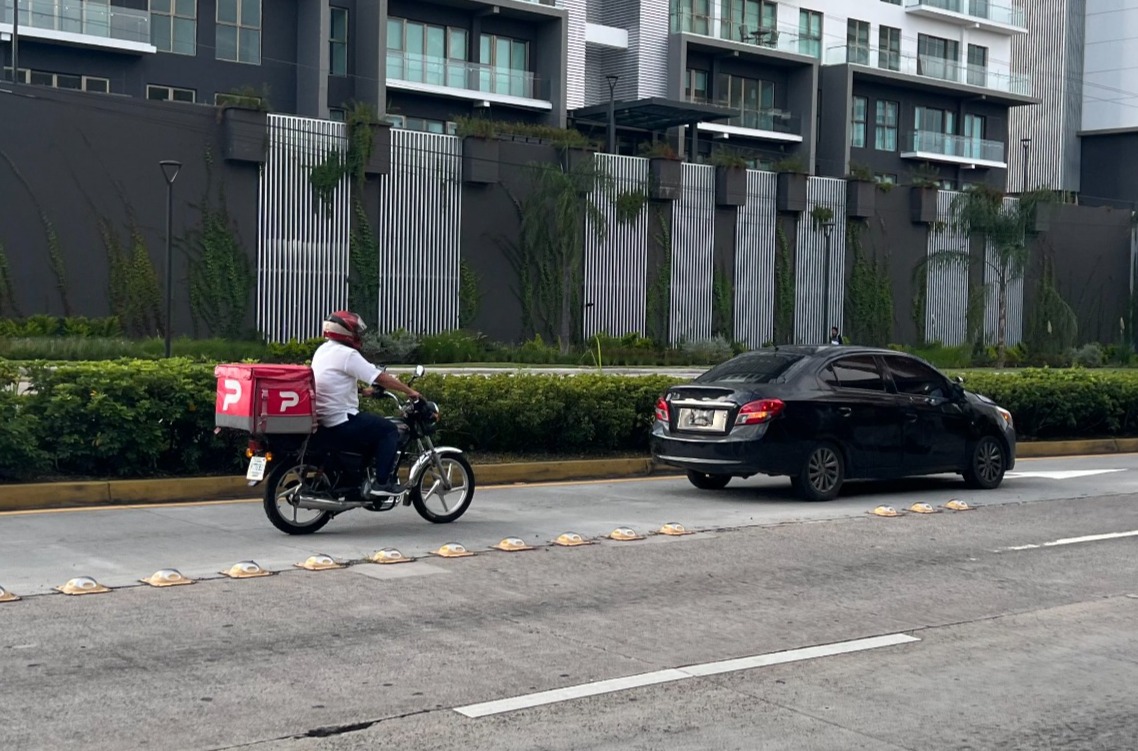
Roadside retaining walls
I thought that these roadside retaining walls were a great example of human ingenuity and adaptability. As you know, El Salvador, and most of Central America consists of hilly, mountainous terrain since much of the land was formed by volcanic activity. Many of the highways in the country cut through hillsides with slopes on either side of the road. Rockslides, mudslides, and other types of falling debris are common and create the potential for accidents, especially when it rains. So, you will notice that they have built these retaining walls, which are officially called "soil-nailing walls" or "shotcrete reinforced retaining walls," along many roadsides throughout the country. The little, white objects that you can see protruding from the walls in the pictures below are pipes that allow water to drain, thus relieving the wall of tension when it rains.
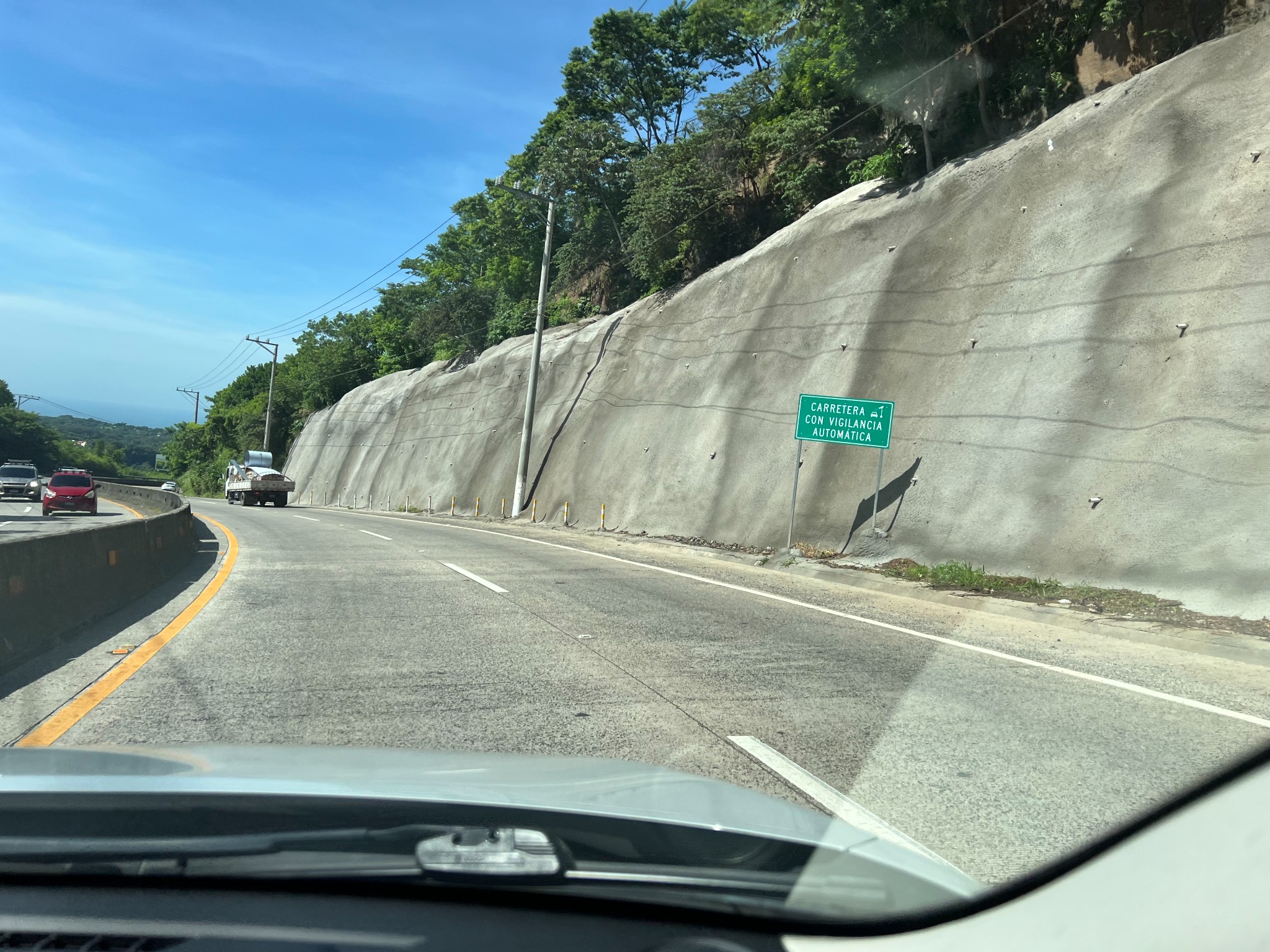
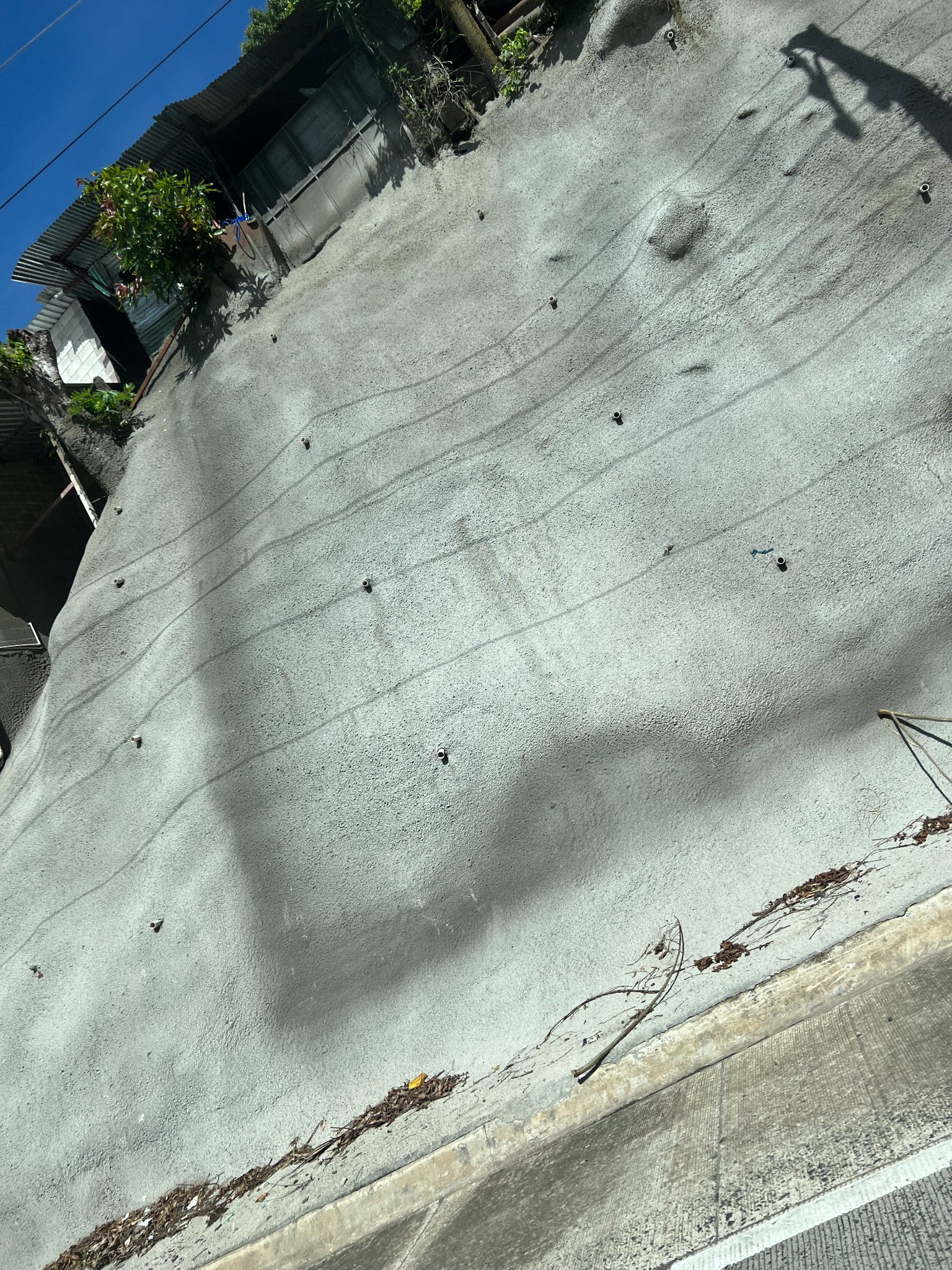
Auto hotels
All around the country, you will see "auto hotels." I managed to get a picture of a sign for one from the car one day below. I didn't think much of it until Claire told me to look a little bit more closely...
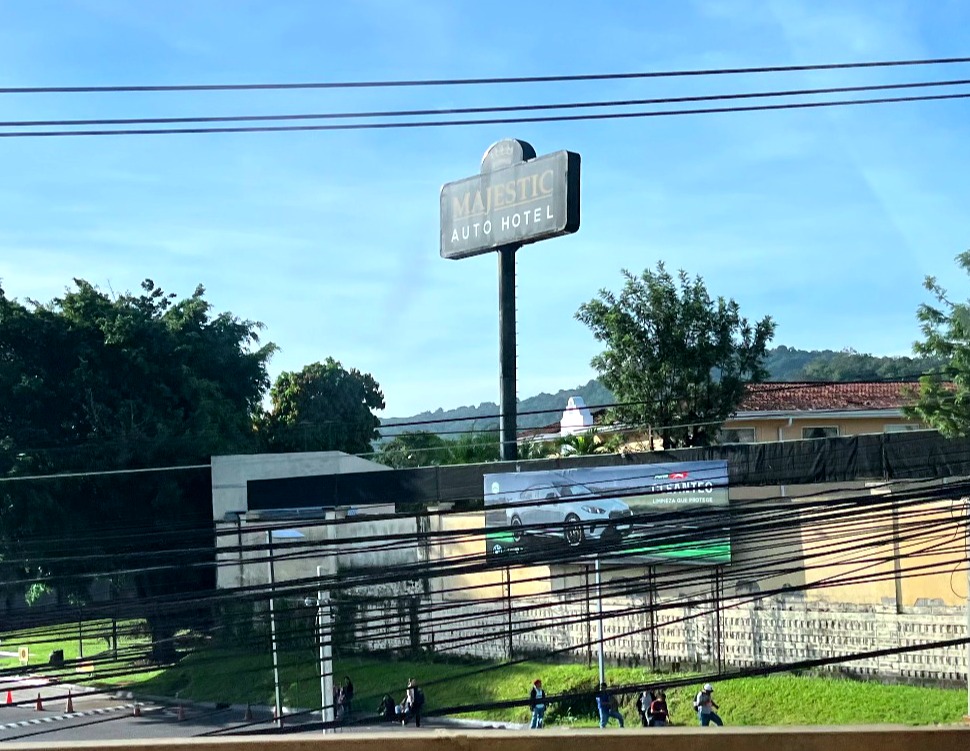
She helped me realize that the auto hotels will have drive-in entrances that wrap around to the back of the building with hidden parking spots like these...
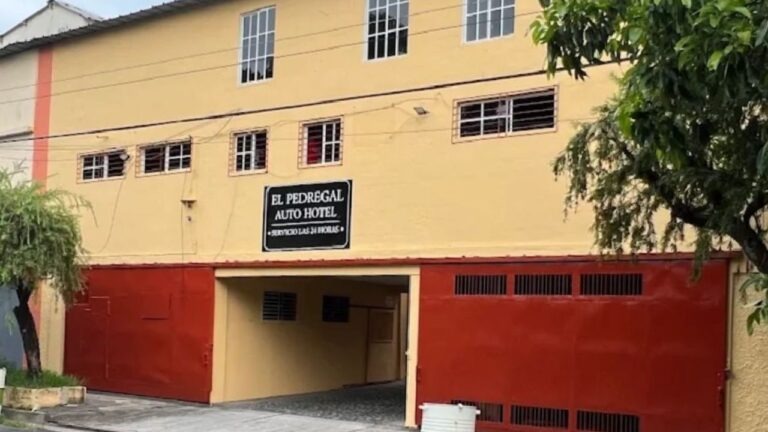
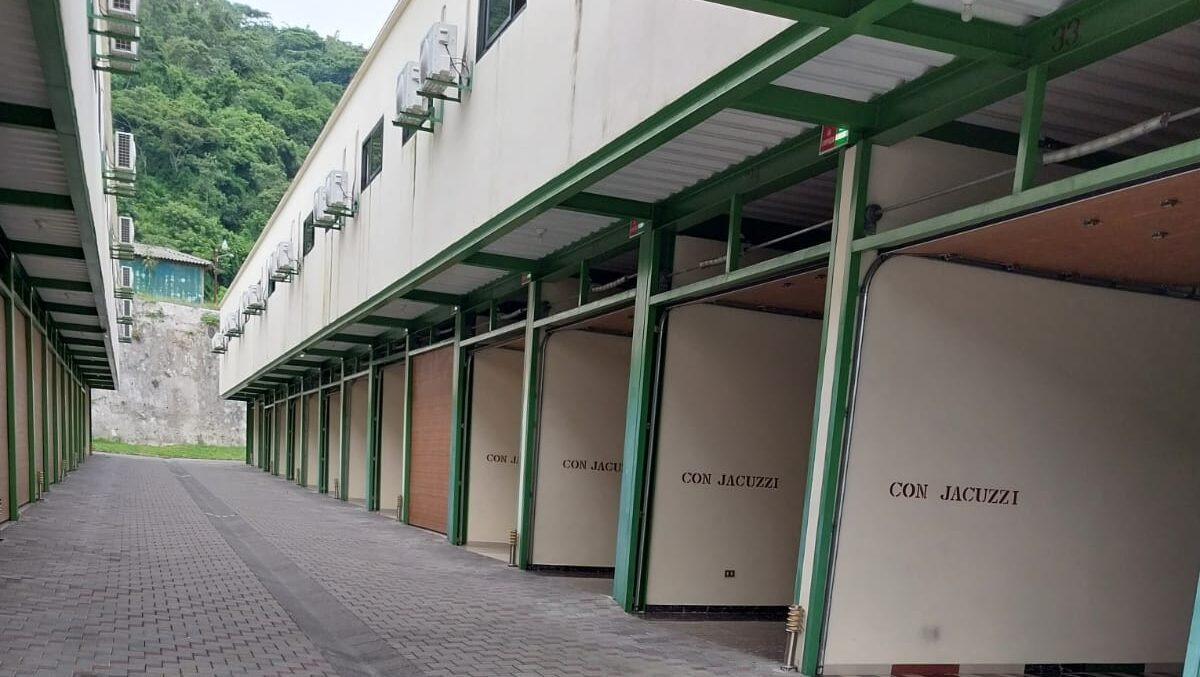
And then if you look even more closely, you will see that many have signs out front like this one:

Auto hotels are "love hotels" where people go for a romantic encounter. Instead of paying by the night like you normally do for a hotel in the U.S., here you pay by the hour.
Claire explained it to me like this: Salvadoran culture is very formal. It would be taboo for a boyfriend and girlfriend to live together before marriage. So, the auto hotels with drive-in entrances and shielded garages have evolved around the country as a way for lovers to have romantic encounters in complete privacy.
Chuchos
It's not Latin America if there are not wild dogs roaming everywhere. In El Salvador, they call them "chuchos." The dogs are harmless.
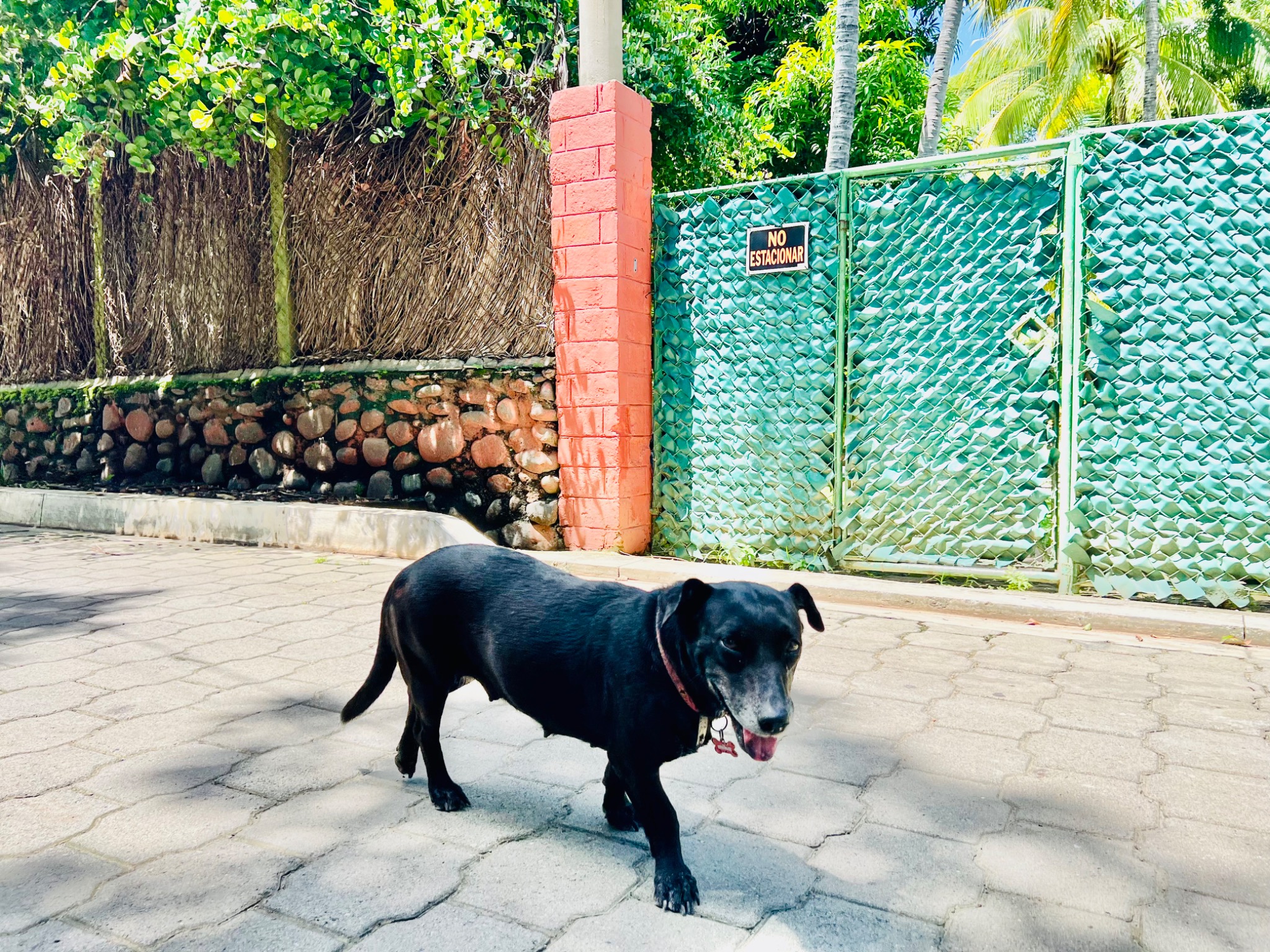
Two cool final pics
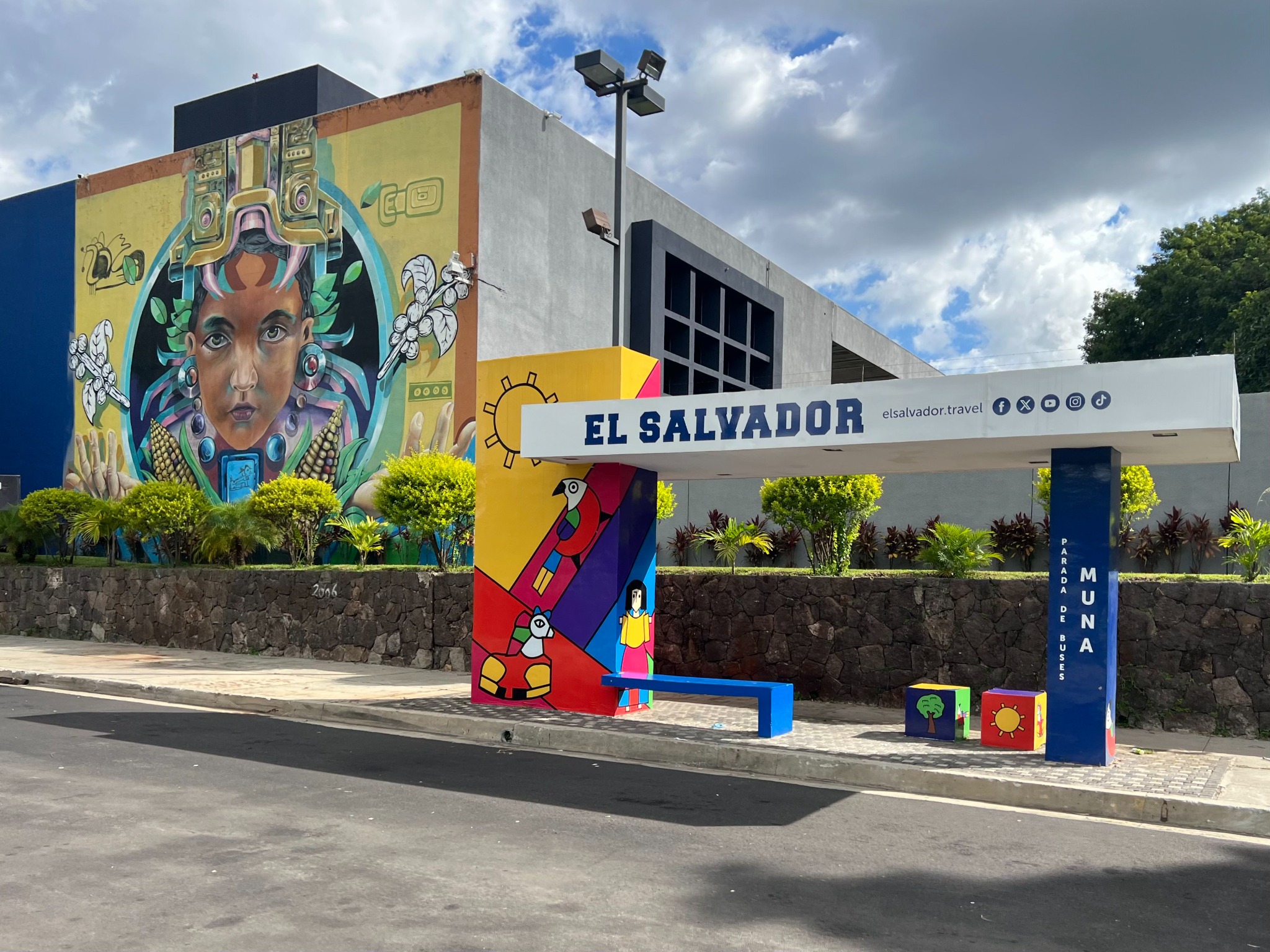
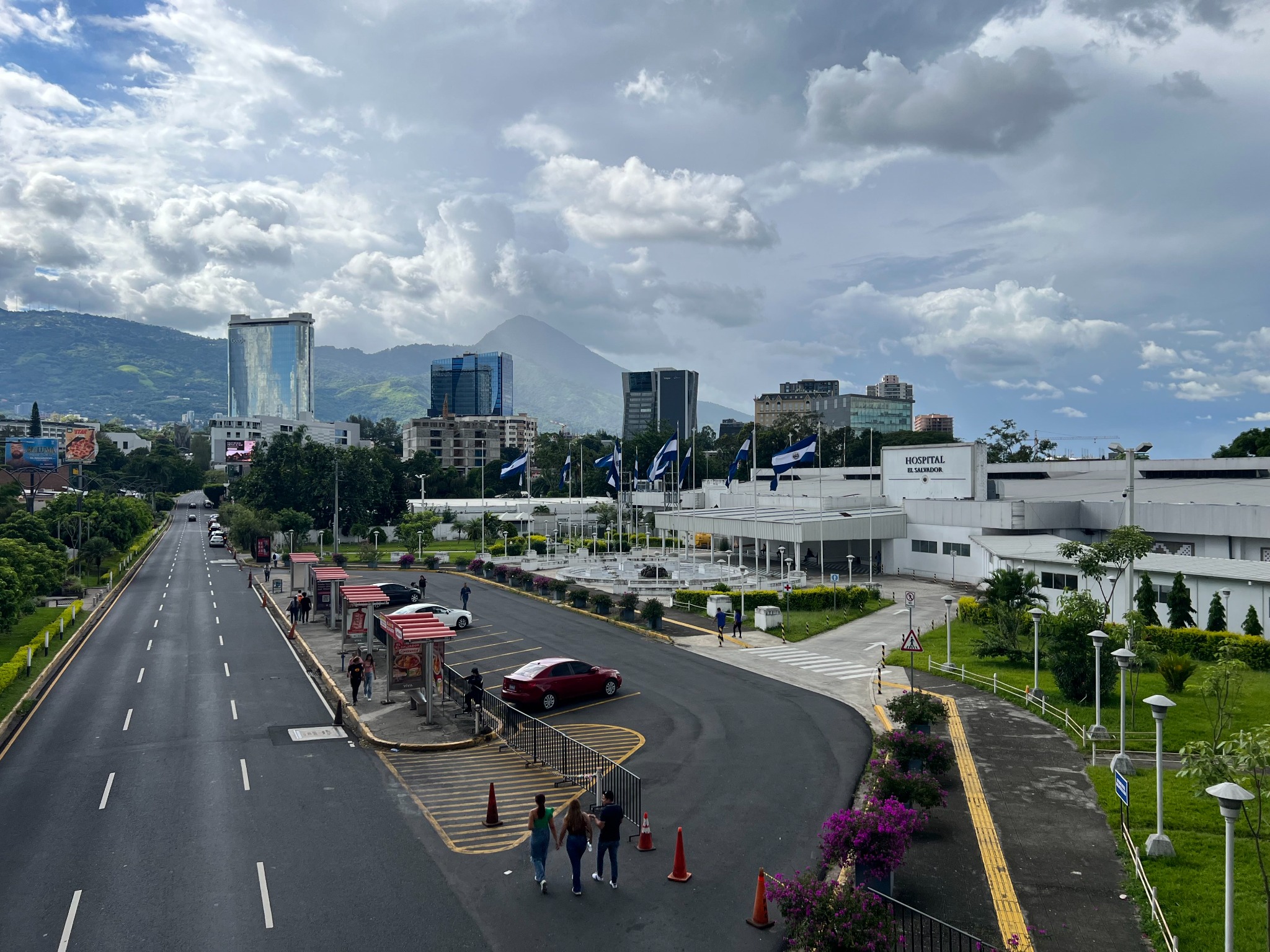
Post a comment